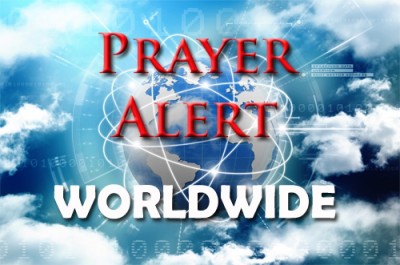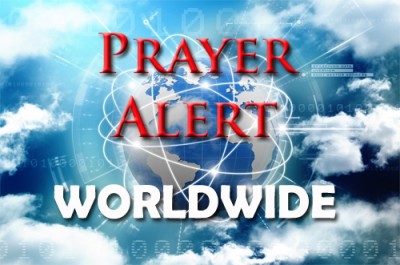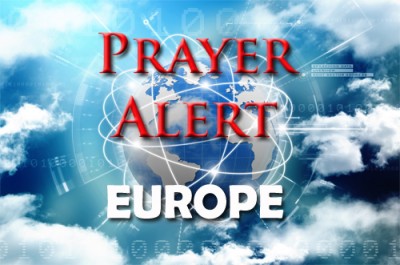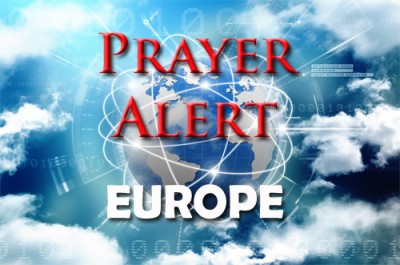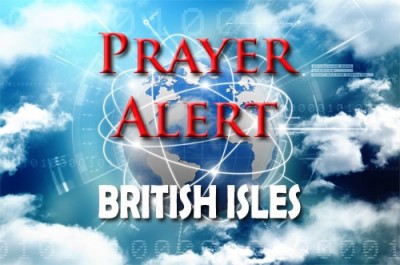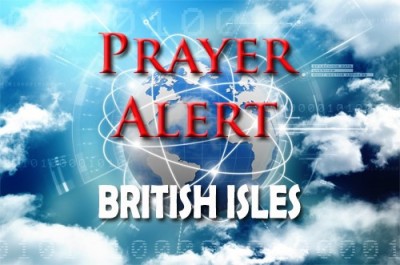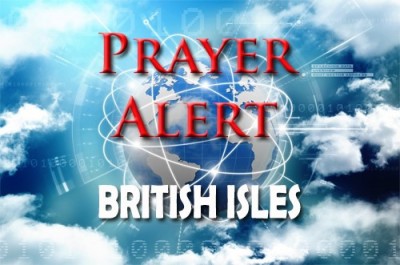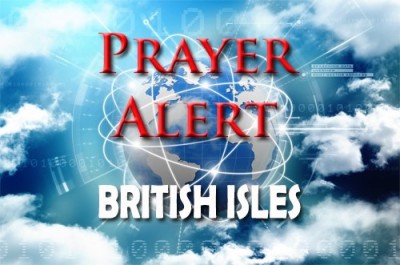Global: Five ongoing wars
09 Aug 2019Yemen - Five years of war between Iran-backed Houthi rebels and Saudi/US backed government forces have created the world's worst humanitarian crisis. This Iran-Saudi rivalry threatens to grow as Houthis increase rocket attacks on Saudi Arabia. Syria - Assad, aided by Russia and Iran, has won the war. But killings in Idlib Province continue. Libya - A UN-recognised Government rules in Tripoli. A rival government controls much of the east. Each side has oil fields within its territory and its own central bank in this civil war. 1,000+ have been killed and 1.3 million people need urgent humanitarian help. Democratic Republic of Congo –25 years of violence has displaced 4.5 million people. A new government has not brought peace. Armed groups wreak havoc in a conflict fuelled by access to lucrative mineral reserves. A year-old Ebola outbreak has been declared a Global Health Emergency. Afghanistan –Washington is currently trying to convince the Taliban to engage directly with the Kabul government. There is a report today of a new Taliban reconciliation initiative.
Arts in mission
09 Aug 2019We are made in the image of a creative God and our creativity can bring him glory. The arts are an asset in mission work, they are personal. Artistic expression and response prevent the Christian faith being reduced to formulas, programmes, or clichés and our complex selves respond not just to facts or emotion, but also to the sense of beauty or ugliness. The creative arts add extra dimensions to a person’s encounter with God. Humans hunger for stories and beauty and Christian arts can enlighten a dulled world, sustain Christians in trials, and spark hope in seemingly hopeless situations. The arts bind communities together. Collective sung worship, aesthetically pleasing paintings, sculptures, buildings etc.can unite people in communal devotion to God. Art can find soft places in hard hearts. Pray for the multiplication of Christian artistic endeavour throughout the world.
Germany: Holocaust trial
09 Aug 201992-year-old Bruno Dey will be tried in Germany for complicity in mass murder of 5,230 people in the Stutthof Nazi death camp during World War Two. The former guard admitted knowledge of atrocities of murder in gas chambers, where over 65,000 died before Stutthof was liberated on 9 May 1945. This trial is likely to be one of the last against a former Nazi guard. Dr Efraim Zuroff who campaigns for the rights of Holocaust survivors, welcomed the decision to bring Mr Dey to trial. ‘The passage of time in no way diminishes the criminal responsibility of those guilty of aiding and abetting the implementation of the Final Solution,’ he said. There have been two more recent trials of Stutthof guards after 20+ survivors of the camp were located, most of whom are currently residing in Israel.
Turkey: Ramps up drilling off Cyprus
09 Aug 2019The Republic of Cyprus is in the EU, but the self-declared Turkish Republic of Northern Cyprus is recognised only by Turkey, and is internationally isolated. Ankara's latest move to increase drilling for oil off the coast of Cyprus by sending a third ship to the eastern Mediterranean, despite EU warnings, comes on the eve of talks between the president of Cyprus and the Turkish Cypriot leader. At the time of writing, Cyprus president Nicos Anastasiades and Mustafa Akinci are expected to discuss ways of resuming negotiations aimed at reuniting the divided island after talks failed two years ago. In 1974 Cyprus split, 165,000 Greek Cypriots fled or were expelled from the north, and 45,000 Turkish Cypriots from the south took their place. In the years since then there have been failed talks to re-unite the island of Cyprus as Greek- and Turkish-Cypriot communities stand by their right to take their old homes back, or be compensated.
Priti Patel, the UK’s new home secretary, has pledged support for Jewish communities as UK anti-Semitism hits a six-month high. She has committed to, ‘work closely with the Jewish community’ after Community Security Trust (CST), which monitors anti-Semitism in the UK, published its half-yearly report showing a 10% rise in reported anti-Jewish incidents. That adds up to 892 incidents between January and June with abusive behaviour - including verbal abuse, anti-Semitic graffiti, anti-Semitic abuse via social media and hate mail accounting for 710 of the total number. Social media accounted for 36% of incidents; indicating the internet is a convenient channel to harass, abuse and threaten Jewish individuals and institutions’.She said that anti-semitism has no place in our society and the Hate Crime Action Plan will improve response to all forms of hate crime. ‘We work closely with the Jewish community, and this year increased funding to the Community Security Trust for protective security to £14 million.’
Salvation Army and TV soap
09 Aug 2019The Salvation Army assisted the writers of ITV's Coronation Street in making the story of Alina, a victim of modern slavery, realistic and sensitive. The storyline aims to help the British public spot the signs of a potential victim while it highlights the practice of human trafficking in the UK. The Salvation Army has held the UK government contract to support adult victims of modern slavery in England and Wales since 2011. As experts in the field of human exploitation, it has helped the show to display accurately how victims might find themselves in these situations and the realities facing them. The Salvation Army said that Coronation Street is very good at taking up issues that people are living through. This is one of those issues that is relevant and happening in our society.
Missionaries in London
09 Aug 2019London City Mission said they love London and are privileged to be working among the rich mixture of ages, cultures and languages sharing the good news of Jesus and the love of God with Londoners. The realities and needs of London are - 34% of people are born outside the UK. 112 homeless people died in 2017. 51% of children live in households below 'Minimum Income Standard’. Across the UK most church outreach events are based around friendship evangelism, so if people have Christian friends they are more likely to have opportunities to hear the gospel than those without Christian friends. People recently arrived in the UK from a country that is closed to the gospel or those with few educational qualifications are much less likely ever to set foot inside a church or even the home of a believer.
More than 15,000 cannabis plants with a street value of £4million were found at an industrial unit in North Lincolnshire. The operation was so big that four former Tesco home delivery vans were used to distribute drugs to cannabis dealers across Scunthorpe, Grimsby, Doncaster and large parts of Lincolnshire and from the factory in Scunthorpe. Five Vietnamese men, who are the suspected growers, were found inside. It is believed they were illegally trafficked to look after the farm. Three of the men were caught. Another two fled the scene and are being hunted by police. The estate where the farm was found was being used by a mixture of major distribution and manufacturing companies and small car repair and business units.
